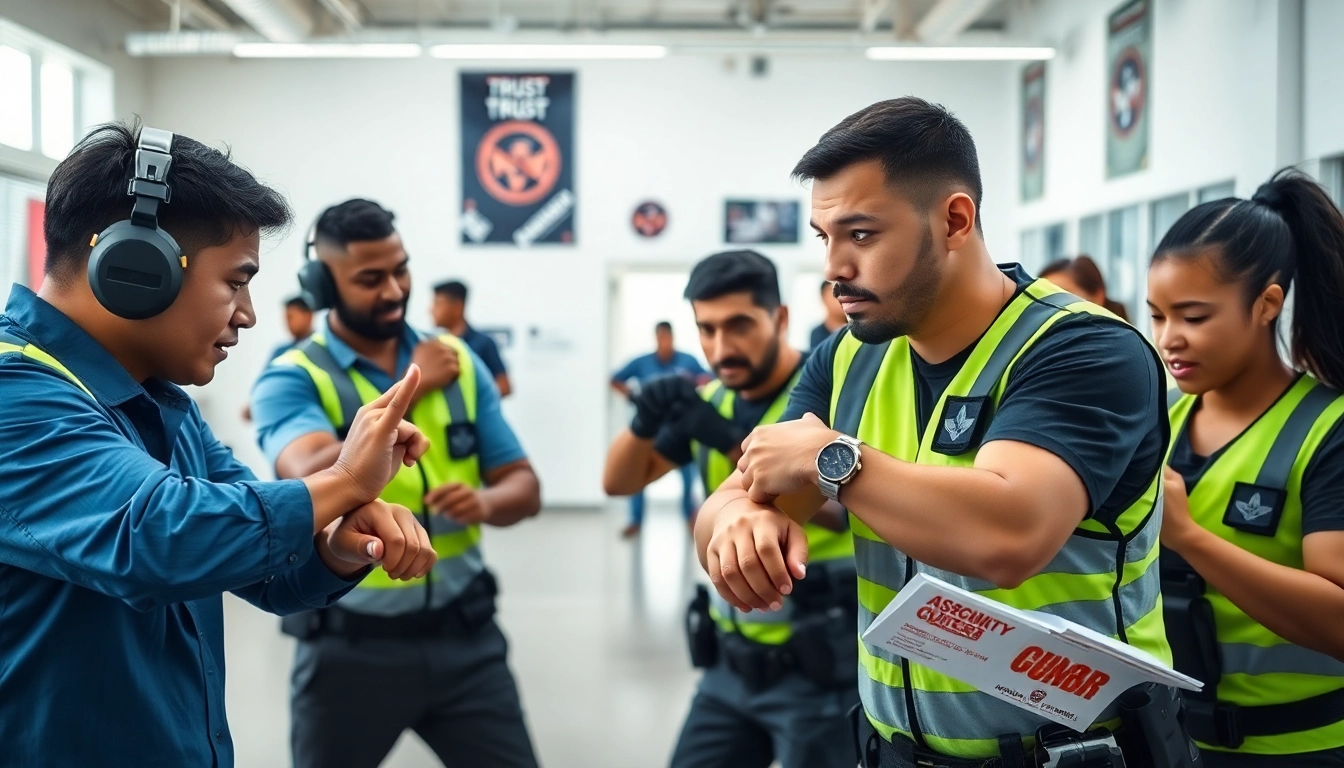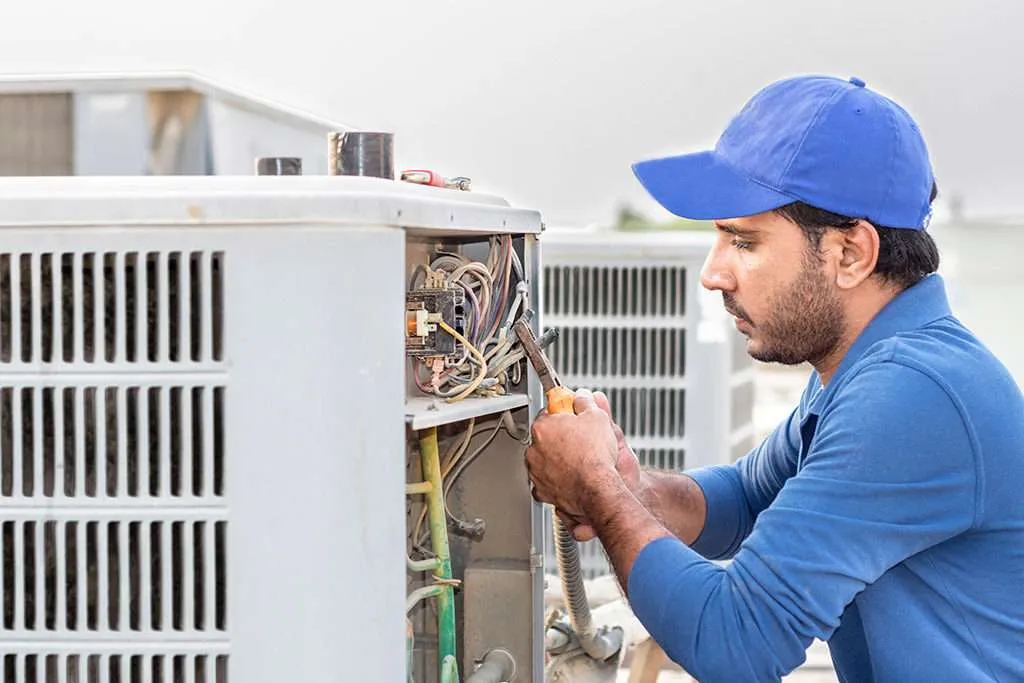Security professionals are often the first line of defense in maintaining safety, order, and control in various environments. Whether working in retail, corporate settings, event security, or law enforcement support, they face situations that require not just presence but skillful intervention. Among the most critical skills a security officer can master is proper handcuff training. At WNY Security, this training is designed to equip professionals with both technical expertise and the confidence to handle challenging scenarios responsibly and legally.
Why Handcuff Training is Essential for Security Officers
Restraint training is more than simply learning how to apply restraints. It is about understanding the principles of safety, legal responsibilities, and professional conduct. Security professionals are often required to detain individuals until law enforcement arrives. Without proper training, these situations can escalate, leading to risks for both the officer and the subject.
At WNY Security, Restraint training ensures officers learn correct restraint techniques, compliance methods, and situational judgment. By doing so, they reduce liability, increase safety, and maintain professionalism.
The Role of Handcuff Training in Modern Security
Security professionals today face a wide range of environments, from large public gatherings to private property protection. The ability to respond quickly and appropriately when a threat emerges is vital. Restraint training provides the foundation for effective intervention.
In addition to physical skills, officers are taught de-escalation techniques, communication strategies, and how to recognize when the use of handcuffs is appropriate. This blend of practical and ethical training ensures they act within the scope of the law and maintain a reputation for professionalism.
What Makes WNY Security’s Handcuff Training Stand Out
WNY Security has built a reputation for providing comprehensive, hands-on training programs that reflect real-world challenges. Their handcuff training goes beyond the basics and focuses on creating a safe, respectful, and effective environment for both officers and those they interact with.
The program emphasizes:
- Proper Techniques – Correct application, double-locking, and safe removal of handcuffs.
- Legal Awareness – Understanding when handcuffs can be used and ensuring actions align with state and federal laws.
- Safety Protocols – Protecting the detainee’s rights and ensuring the officer’s personal safety.
- Scenario-Based Learning – Realistic exercises that simulate real security challenges.
Building Confidence Through Professional Training
Confidence is a crucial part of a security officer’s role. An untrained professional may hesitate or make errors in high-pressure situations, but proper handcuff training gives officers the tools they need to act decisively. At WNY Security, the program instills not just technical know-how but also the confidence to use it correctly.
This training provides peace of mind for employers and clients as well, knowing that the professionals protecting them have received top-level preparation.
Legal and Ethical Responsibilities in Handcuff Training
One of the most important aspects of handcuff training is understanding the legal and ethical boundaries. Improper use of restraints can lead to lawsuits, reputational damage, and harm to both officer and detainee.
WNY Security ensures its training programs are built on a strong foundation of legal knowledge. Officers learn the limits of their authority, the importance of respecting individual rights, and how to make informed decisions in tense situations.
This balance of authority and responsibility is what makes trained security professionals an asset to any organization.
Key Skills Gained Through Handcuff Training at WNY Security
By completing handcuff training at WNY Security, security professionals develop essential skills that prepare them for real-world challenges. These include:
- Application Techniques – Correct and secure handcuffing methods.
- Control and Compliance – Safely controlling individuals without unnecessary force.
- Communication – Using verbal skills to de-escalate situations before restraint becomes necessary.
- Legal Knowledge – Recognizing the boundaries of their authority.
- Professionalism – Maintaining respect and dignity for all individuals involved.
Handcuff Training and Officer Safety
Officer safety is at the heart of handcuff training. Security professionals must ensure their own protection while managing potentially dangerous situations. Proper training equips them with the skills to control subjects effectively, prevent escape, and avoid injury.
WNY Security emphasizes defensive positioning, situational awareness, and physical techniques that minimize risks. By doing so, officers are not only safer themselves but also more effective in their roles.
The Impact of Handcuff Training on Career Advancement
For security professionals seeking career growth, handcuff training is a valuable credential. Employers prioritize candidates with proven skills, and certifications from reputable programs like those offered by WNY Security provide a competitive edge.
Whether pursuing higher-level security positions or transitioning into law enforcement, completing formal handcuff training demonstrates commitment, professionalism, and readiness.
Why Organizations Trust WNY Security for Training
WNY Security has become a trusted name in professional training because of its commitment to excellence. Their handcuff training programs are designed by experienced instructors who understand both theory and practice. Organizations choose WNY Security because they know the training produces reliable, skilled, and confident professionals.
Who Should Take Handcuff Training at WNY Security
Handcuff training is recommended for:
- Security officers working in retail, events, or corporate security.
- Loss prevention professionals.
- Private security contractors.
- Individuals seeking careers in law enforcement or corrections.
By investing in this training, professionals gain skills that directly translate to safer, more effective work in the field.
The Future of Security and Handcuff Training
As security challenges evolve, training must keep pace. Handcuff training at WNY Security is constantly updated to reflect new techniques, legal changes, and industry best practices. This ensures professionals remain prepared for the demands of modern security environments.
Ongoing professional development and refresher courses also ensure skills remain sharp and aligned with current standards.
Conclusion – Building Professional Excellence Through Handcuff Training
Handcuff training is an essential skill for every security professional. At WNY Security, this training program goes beyond mechanics to include legal, ethical, and situational awareness skills that are vital to professional success. With proper training, officers gain confidence, safeguard themselves and others, and perform their roles with professionalism and integrity.
For security professionals and organizations looking to enhance safety and preparedness, WNY Security’s handcuff training provides the knowledge, skills, and confidence needed to succeed in today’s demanding security industry.
Frequently Asked Questions
1. Why is handcuff training important for security officers?
Handcuff training teaches officers how to apply restraints safely and legally, protecting both themselves and the individuals they detain. It ensures compliance with laws and enhances professionalism.
2. How long does handcuff training at WNY Security take?
The duration varies depending on the program, but WNY Security ensures comprehensive instruction, combining classroom learning with hands-on practice.
3. Do all security professionals need handcuff training?
Not every role requires handcuffing skills, but for those in higher-risk environments, having certified training is an advantage and often a necessity for career growth. For details, please visit our site.











Leave a Reply